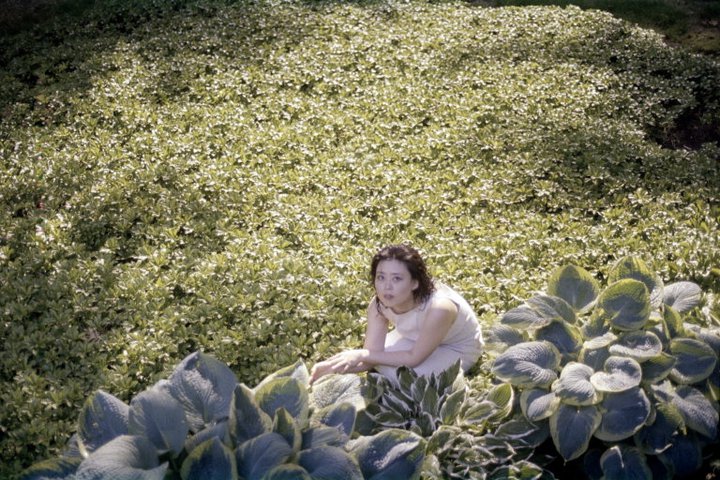This is an English translation of an article published in Nikkan San on June 20, 2019, as a part of my column, “The Way of the Pianist.
“Your eyes can deceive you. Don’t trust them. Stretch out your feelings.” If you are a Star Wars fan, you would know that this was Obi Wan telling Luke as he started his training as a Jedi warrior.
The Jedi philosophy applies to the piano playing as well.
You cannot look at the keyboard and the music at the same time as you play. This dilemma is symbolic, too: to focus on the music, or the act of piano playing? The answer is neither, to not look. By not fixating your vision on one or the other, the balance between the intellectual grasp of the score, the physical act of playing, and the emotional engagement with the music can be achieved. Ideally, you have done your looking in your preparation. In the performance, the musical experience should transcend the vision.
There are studies that reveals how the emotional impact of musical experience becomes greater when the listener’s eyes are closed. Another study shows that the ability to recall memorized information is enhanced with closed eyes. When there are things at the tip of your tongue, please try closing your eyes. Pythagoras is said to have given his lectures behind veils. He believed that his auditors focused on the content of the lecture better without the vision of the lecturer.
When the visual input is eliminated, the other senses become more alive. I remember how one of my teachers advised his students to “taste the notes!” When you enjoy the tactile sense of the keys you are playing, your sound quality improves. When you become unbound from following the score, or looking at the keyboard, your upper body becomes freer. Your center of gravity becomes lower, you breath deeper, and your body and feelings become more grounded. With your body more stable, the position of your ears in the relation to the soundboard stabilizes as well. This enables you to objectively listen, and compare and contrast the different sound you are producing at the piano. The next time you are near a piano, please sit at the piano, play any cluster of notes, and sway your upper body to and from the keyboard as you keep the notes held. Notice how much your sense of hearing is effected by the change in the distance from the soundboard, and the act of moving your upper body.
When I was still a student, I used to look for practice rooms without a window, turn the lights off, and practice in the dark. The security guard sometimes opened the door to see what was going on. Every time, I let out a scream, with my intense focus abruptly interrupted. The guards must have been surprised, too!
